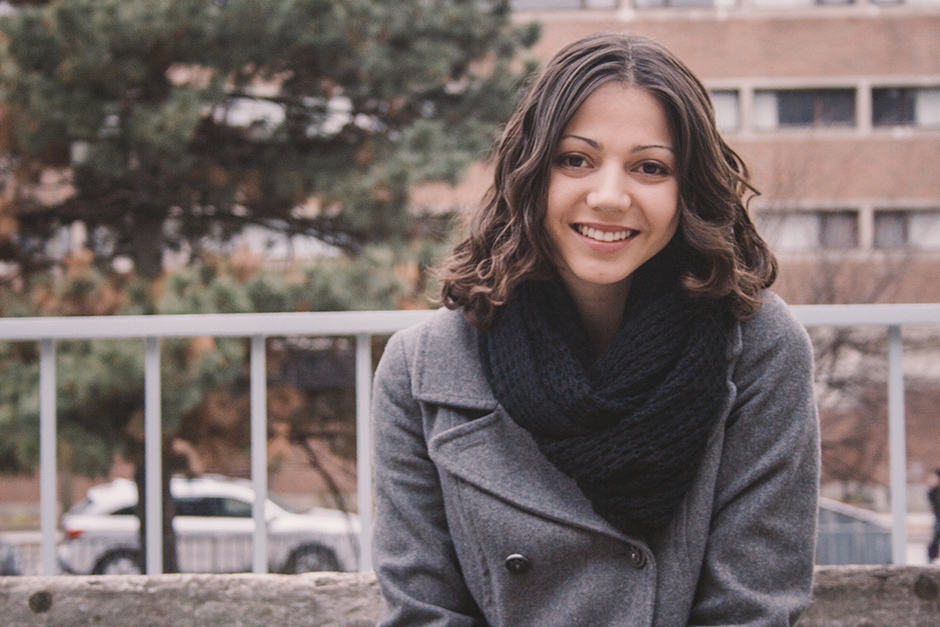Initial public outrage at sexual assault accusations is always met with immediate backlash from those who preach “innocent until proven guilty” — it happened with Jian Ghomeshi, Bill Cosby, and most recently, Paul Nungesser (accused of raping Emma Sulkowicz, the mattress-carrying Columbia student). Some people are genuinely troubled and unsure how to respond to these cases, but many quickly expose the hypocrisy of their comments by participating in clear victim blaming.
In doing so, they reveal that they are not defending the integrity of our legal system, but are instead siding with the accused, and against the accuser. The principle “innocent until proven guilty” only legally applies to our justice system — that is, someone cannot be found legally guilty without sufficient proof. However, if you truly believe this adage should be applied outside of legal proceedings, in the court of public opinion, how can you justify accusing a self-identified survivor of making false complaints?
There are many reasons why suggesting a survivor is making false accusations — particularly while repeating “innocent until proven guilty” — is not kind, logical, or productive. I can point to study after study, which proves false rape accusations are very rare, and it is also important to note that these statistics are bloated by situations where a lack of evidence led to the case not being pursued or to the accused not being convicted.
Even valid accusations are unlikely to result in anything resembling justice for the survivor. This is particularly true when it comes to criminal charges; the criminal justice system requires a far higher standard of evidence than what is used in most civil courts and university proceedings. Even the lower standard of evidence can be very difficult to reach in most sexual violence cases. The most compelling proof in these cases is physical evidence, which can only be collected if the survivor follows specific steps after the assault, and is only adequate in proving certain forms of sexual violence.
Regardless of the veracity of the complaint, folks who disclose experiences of sexual violence — whether to the police, the general public, their university administration, or their peers — face public persecution, blame, and even harassment. This should affirm that false rape accusations are not the glamorous path to revenge some like to pretend they are. It is really more reasonable to assume someone is telling the truth, and to act accordingly.
So how do we protect men from the supposedly endemic false rape accusations? We already do. In fact, our legal system does men — and offenders of all genders — one better: it protects perpetrators from true accusations. Survivors already have a tremendously hard time accessing any semblance of justice. It would be unjust to erect additional barriers to the healing of countless survivors of sexual violence, all to further protect a very small number of falsely accused.
I am not suggesting punishing the accused without proof but simply providing holistic support for the claimants whether or not they choose to pursue criminal, civil, or university tribunal proceedings. Holistic support includes therapy, provisions for their immediate physical safety, alternate living arrangements, financial aid, and, crucially, allowing them the agency to tell their stories how they want, and actually believing them.
We need to keep these things in mind as our university takes up these essential conversations. Our Advisory Committee on Preventing and Responding to Sexual Violence is in the process of developing recommendations for the president and provost, All Ontario universities are now required to create a sexual violence policy; but the development of a policy could mean nothing if it does not detail survivor-centred processes that help ensure safety, healing, and justice for all students. In order to do this, the advisory committee needs to involve student voices in more than just tokenizing roles, more than sporadic consultations or ill-advised focus groups.
If you want to get involved in ensuring these processes are transparent, survivor-centric and open to student input, you can contact the advisory committee with your concerns or get in touch with U of T Students against Sexual Violence through our Facebook page. But whatever you do, please remember that disbelieving a survivor of sexual violence not only re-traumatizes that individual, but also convinces other survivors that suffering in silence is the only option.
Celia Wandio is a fourth–year student at Trinity College studying equity and Canadian studies. She started the Students against Sexual Violence U of T petition.


